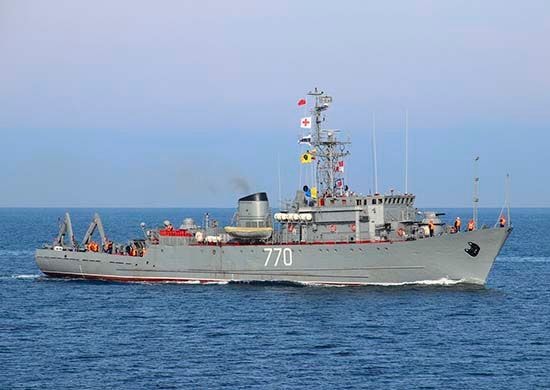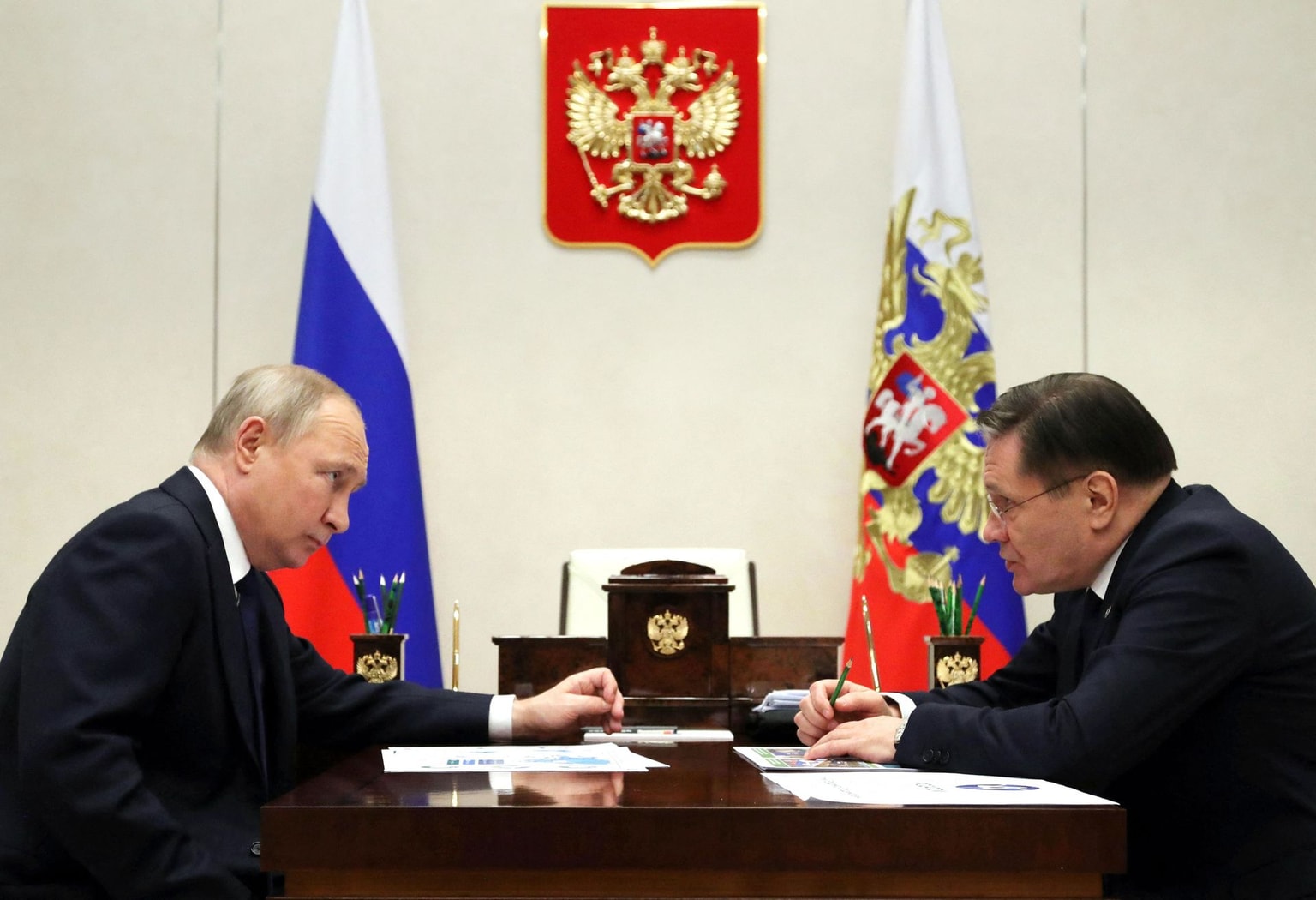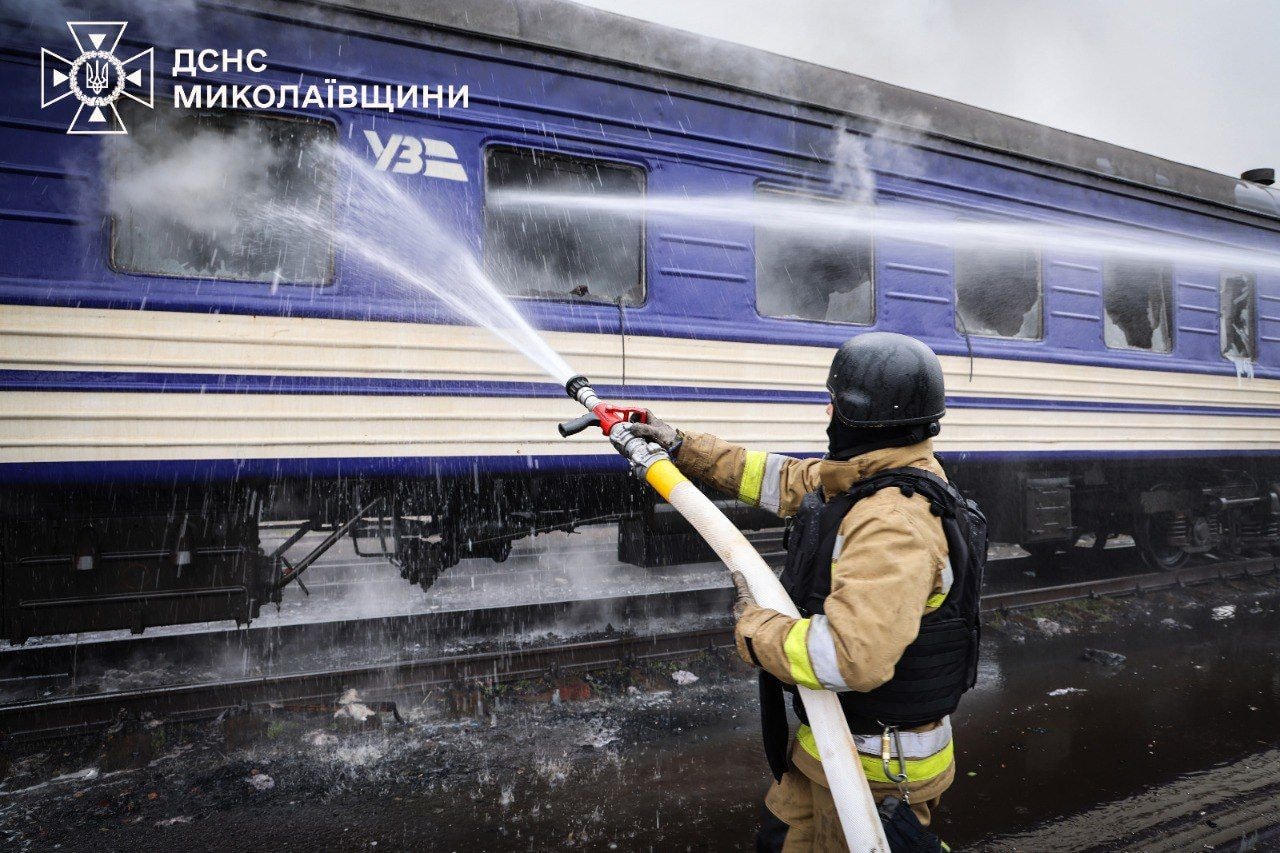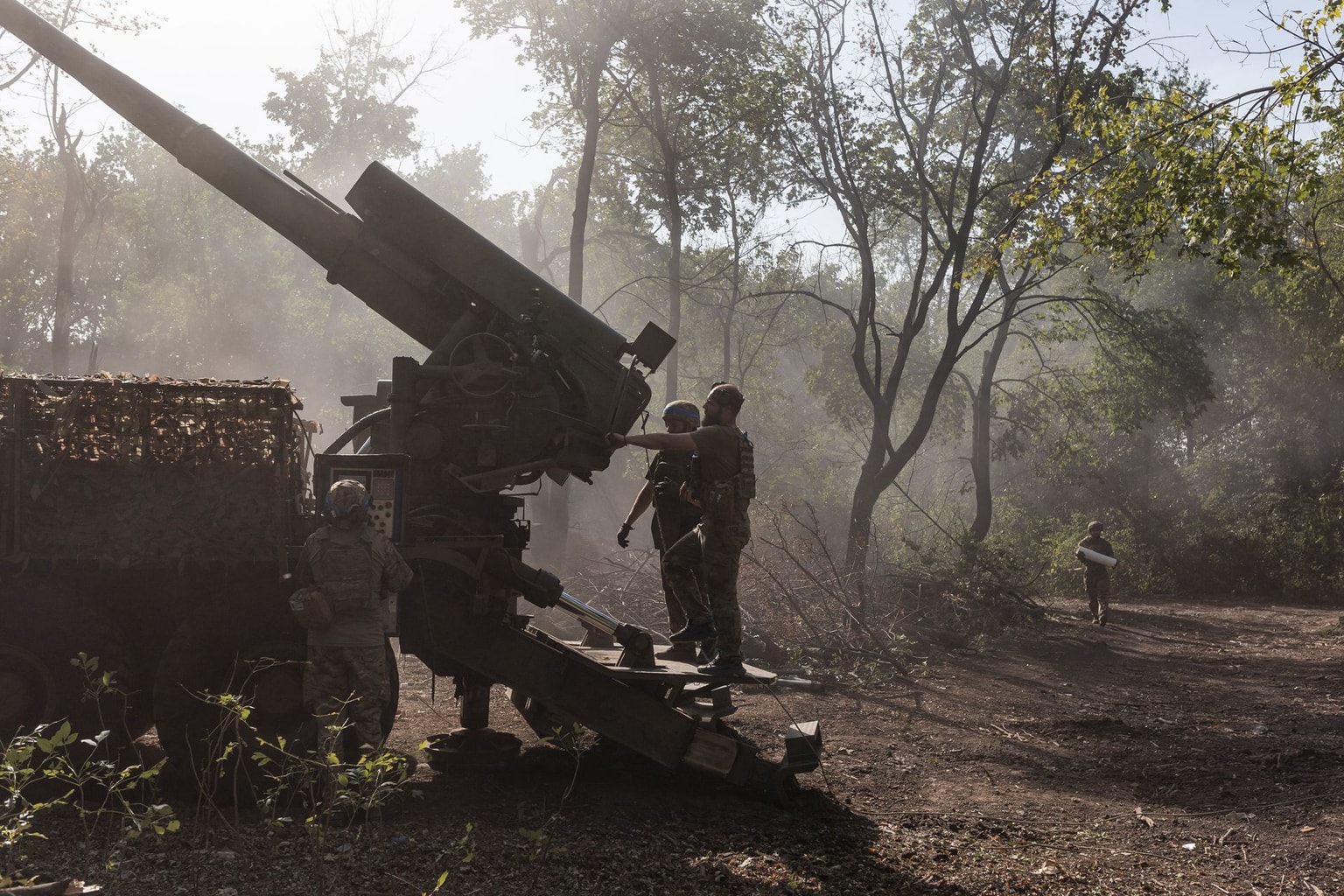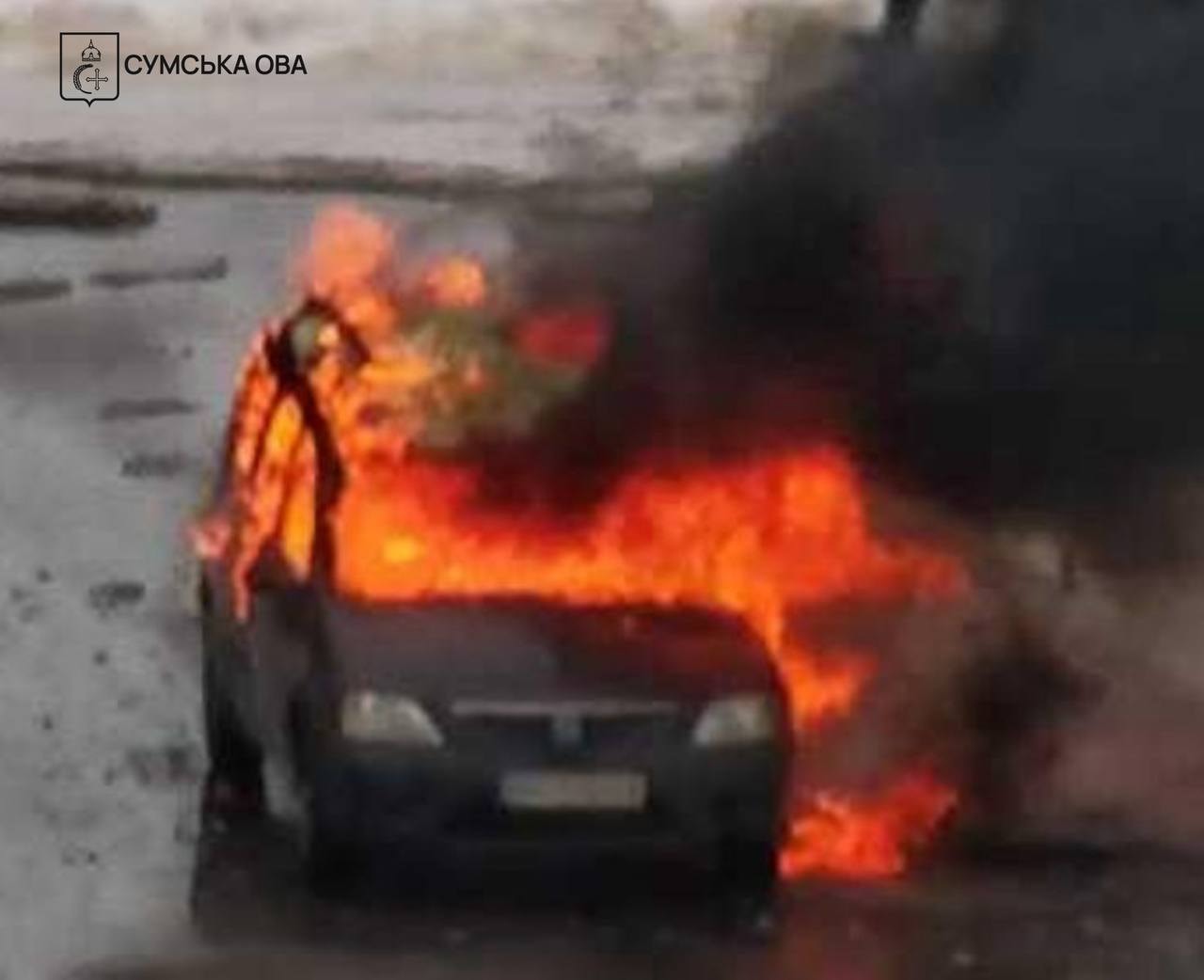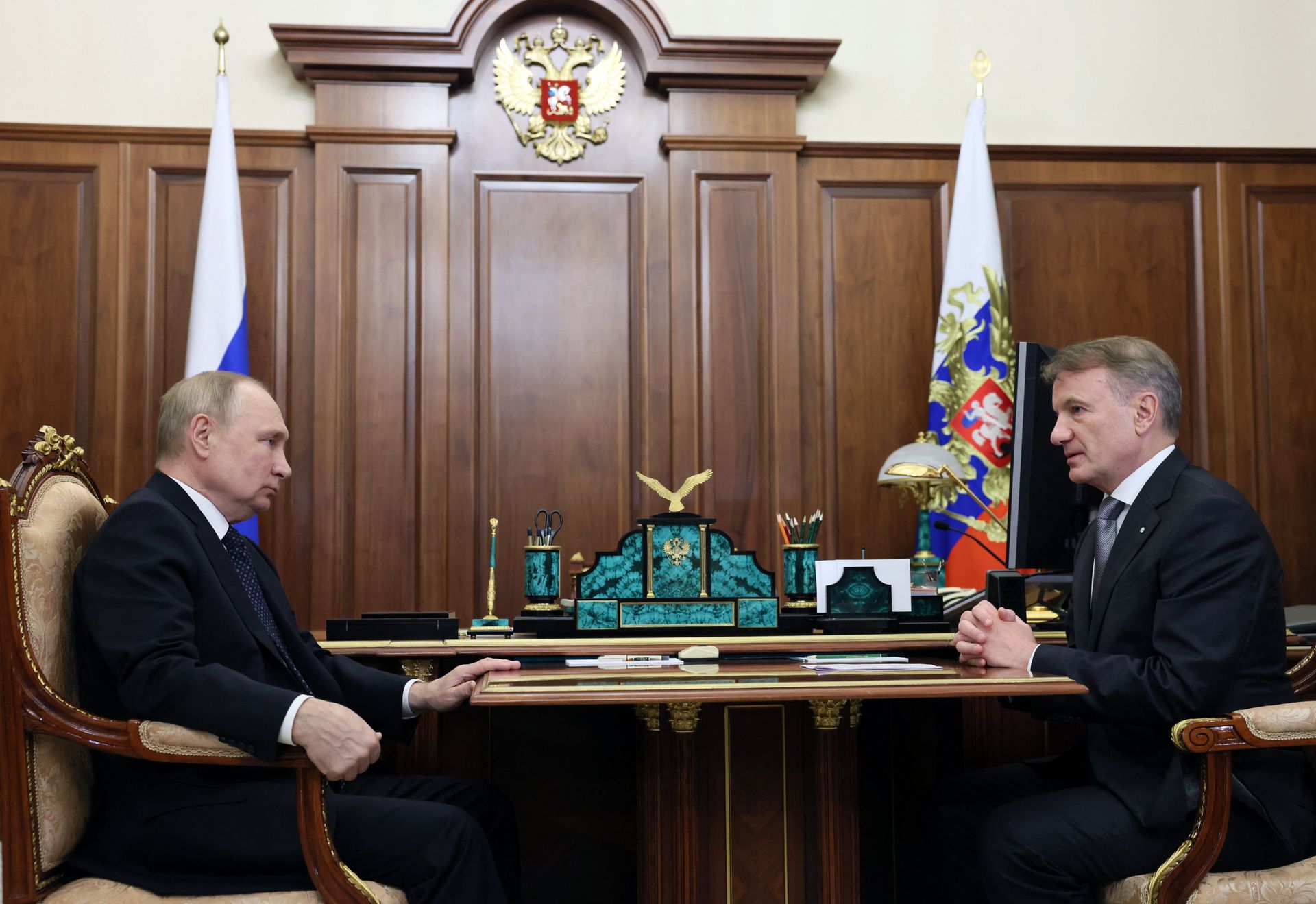
The hidden cost of Putin’s war: A more dependent Russia
Russian President Vladimir Putin has increasingly characterized his all-out war against Ukraine as a struggle for "sovereignty," yet what limited territorial gains Russia has achieved since 2022 pale in significance to the staggering dependence on China that has emerged. While the Kremlin had already been pursuing a "pivot to the East" for some time, this was never presented as the rapid wholesale embrace of Beijing necessitated by the protracted conflict. In fact, Western sanctions have left M







